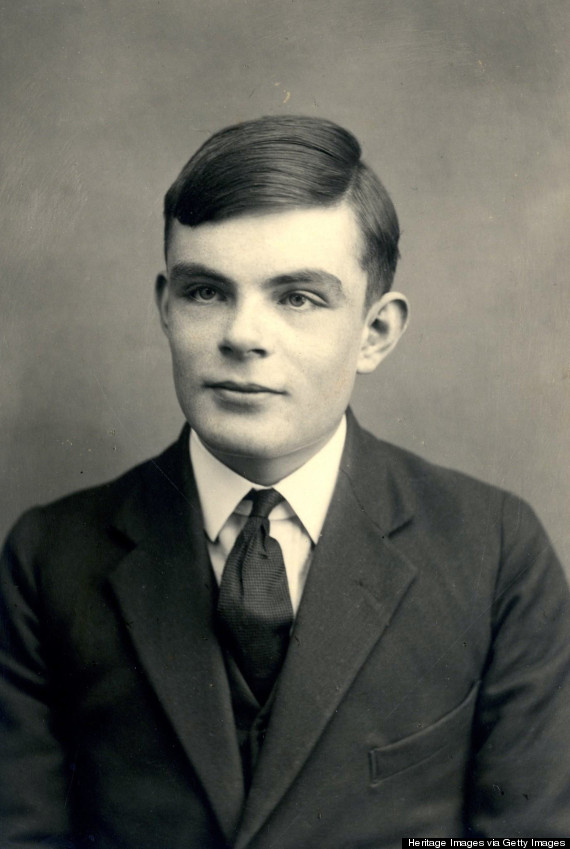Sixty years after his tragic death, the brilliant English mathematician Alan Turing (1912-1954) has come back to life, if only virtually, in the new movie The Imitation Game.
The movie spotlights Turing's work as a codebreaker during World War II. That's a logical choice given his success in cracking a key German naval code known as Enigma.
The feat, which is believed to have shortened the war by at least two years and saved millions of lives, led Winston Churchill to say that Turing had made the single biggest contribution to the Allied victory over the Nazis.
But if cracking Enigma was Turing's most tangible achievement, his greatest scientific legacy is his earlier theoretical work in the field now known as computer science. So says Andrew Hodges (pictured above), the author of "Alan Turing: The Enigma," the newly republished 1983 Turing biography on which The Imitation Game was based.
"The thing that really singles him out is his theoretical work in the 1930s, published at the end of 1936 [in his famous paper On Computable Numbers], in which he brought up this idea of the universal Turing machine," Hodges says in a recent interview with The Huffington Post's senior science editor, David Freeman (podcast link above). "And he said, rather tantalizingly, we can now invent a machine...and that really is the generalized idea of the computer as we now know it."
(Story continues below image.)
Alan Turing in an undated photograph.
Ultimately, the computer visionary and cryptanalyst--who was gay--broke not only the Enigma code but also the legal code of post-war England, which criminalized sexual contact between men. Turing was convicted of gross indecency in 1952. Two years later, in the aftermath of harrowing estrogen treatments intended to curb his sexual impulses, he died of cyanide poisoning.
Some have argued that the poisoning was accidental. But Hodges said it was a suicide he had carefully planned to minimize the emotional pain felt by his survivors.
"He'd been using cyanide in this home chemistry experiment," Hodges, a mathematician at the Wadham College, Oxford University, says in the interview. "And I have no doubt at all that this experiment was there as a cover which allowed people, especially his mother, to believe that it was an accident."
Turing received a posthumous royal pardon on Dec. 24, 2013.
For more about Turing's brilliant scientific career and his troubled personal life, click on the podcast link above to listen to the full interview.
The interview with Hodges was broadcast on Sharon, Connecticut radio station WHDD/Robin Hood Radio. Scroll down for more interviews with leading scientists.
